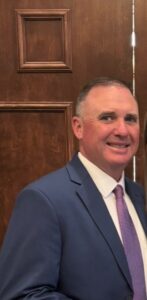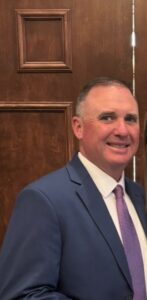A reason for living
By A. Ray Lee
Columnist
From the patio, I watched enviously as grandson Henry deftly guided the zero-turn mower around the trees in my large yard. It is a job that I love to do myself. The three hours I spent weekly on the mower was a time of therapy for me. The sound of the engine blocked distractions and gave me time for uninterrupted thought. When the job was completed I had been rewarded with a visual sight of accomplishment. Now I found myself, after a series of health problems compounded by age, unable to do many physical things that I had once done with ease.
As I watched Henry, the words of Art Linkletter came to mind: “Growing old is not for sissies.” My father had echoed the same thought while suffering from a stroke and heart problems in his 81st year as he stated “Getting old is no fun.” I have enjoyed an active life and continued in ministry after most of my peers have retired. Now I find the need to adjust my scope of activities to accommodate the effects of advancing age and its ills.
I entered ministry at an early age and have served in several types of Christian service. Over the years they have meshed together to form the mosaic of my life and have given meaning and direction to it. As life slows for me I find myself having to evaluate what I am able to do. My friend James Barkley, a pastor in Scotland who is about my age, shared with his people as his health and strength declined that he had more experience than energy. He would serve them in the capacity of which he was able.
I am in the process of determining how my future ministry will unfold. As of now, it seems it will be limited to one of encouragement to individuals I meet in the everyday affairs of life and through the columns I write. As long as my mind remains reasonably clear I can pace myself and continue as many of you have encouraged me to do. As long as I have some strength I cannot retire to my recliner.
Paul gives us an example of holding fast to that which gave meaning to his life. After many years of traveling the Mediterranean world preaching to multitudes of people he found himself in prison with little hope that he would ever be released. From his prison cell he wrote a number of the epistles which form much of the text of the New Testament.
To the church at Philippi, founded under his ministry, he wrote in essence that he could not live in the past. “This one thing I do, forgetting those things which are behind, and reaching forward to those things which ahead, I press toward the goal of the upward call of God.” His words remind me of the old hymn we once sang. “We will work until Jesus comes and then be gathered home.” What better reason than this can we find for life?
















